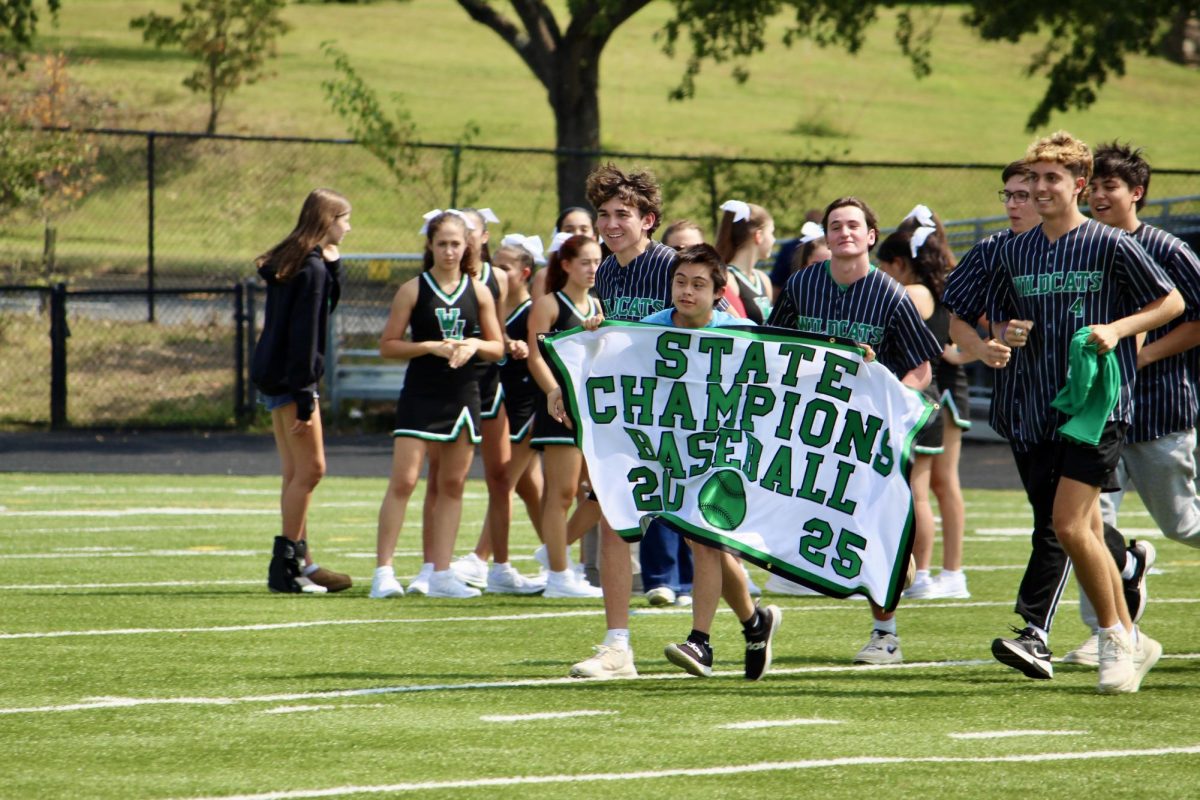Preparation for this year’s mock trials began over Zoom in early November. Although the Mock Trial team was itching to begin preparing, the casebooks were withheld until late October, hindering their ability to practice.
Katherine Simmons, a Mock Trial club sponsor, sees preparing for the mock trials as a series of stages. “The first phase is determining what roles each person is going to [play], [for example,] if they’ll be a lawyer or witness for the defense or prosecution,” Simmons said.
After that’s determined, individual lawyers go off with their witnesses to develop and practice direct- and cross-examination. Other team members simultaneously conduct a “mini-trial” that only focuses on one to two witnesses. As the competitions approach, the mini trials expand into full runs where everyone participates.
Mock Trial club sponsor Nathan Schwartz reinforced Simmons’s approach, with a few extra details. In addition to doing what Simmons described, his team has sessions early in the season to practice basic Mock Trial skills. Schwartz also added that lawyers are paired with alternates and act as mentors.
Some Mock Trial participants already know how they’ll prepare for the mock trials, even as they recognize how different they may be this year. “I’ve had a lot of experience [in Mock Trial]…I’ll take what I’ve learned from the past few years to use in this upcoming season,” senior Danielle Nevett said.
A typical mock trial competition is remarkably similar to a stereotypical court trial: there are opening statements, direct and cross-examination and closing arguments. At the trial’s end, the presiding “judge” announces which side won the case, and they award points to each team based on performance and court decorum.
In a normal year, Mock Trial places announcements and signs for tryouts around Walter Johnson to encourage students to join. However, quarantine has made this method impossible. “[Recruitment this year] is all going to be by word of mouth,” Simmons said.
Luckily, Simmons’s team isn’t prioritizing recruitment this year. Their Mock Trial team has so many juniors and seniors, recruiting underclassmen would be useless because they would be unable to compete.
Mock Trial doesn’t do any fundraising on their own: they’re able to get all the necessary money from the Booster Club. Normally, the Mock Trial teams participate in Booster Club activities (like the mulch sale) to raise the money back. However, whether the Booster club activities will happen this year is still unknown.
Simmons recently selected four captains for her team: two for the defense side and two for prosecution (one captain on each side oversees the lawyers, and the other oversees witnesses). To pick the captains, Simmons listened to each applicant’s ideas for how they’d lead their team. “I [didn’t] have a firm set of criteria for [choosing someone],” Simmons said.
Nevett was selected to be one of Simmons’s captains, and she’s already decided what her goals as captain are. “[I want to] have fun…[and] keep the team in high spirits. I [also] think it’s important to incorporate underclassmen and understudies…I know [they] have good ideas,” Nevett said.















